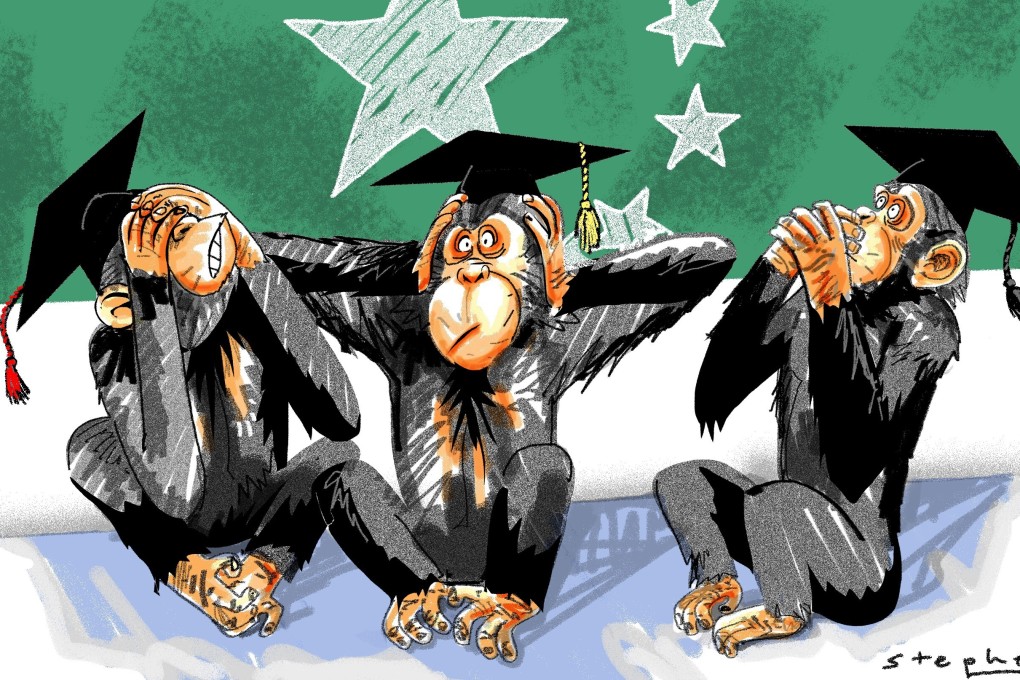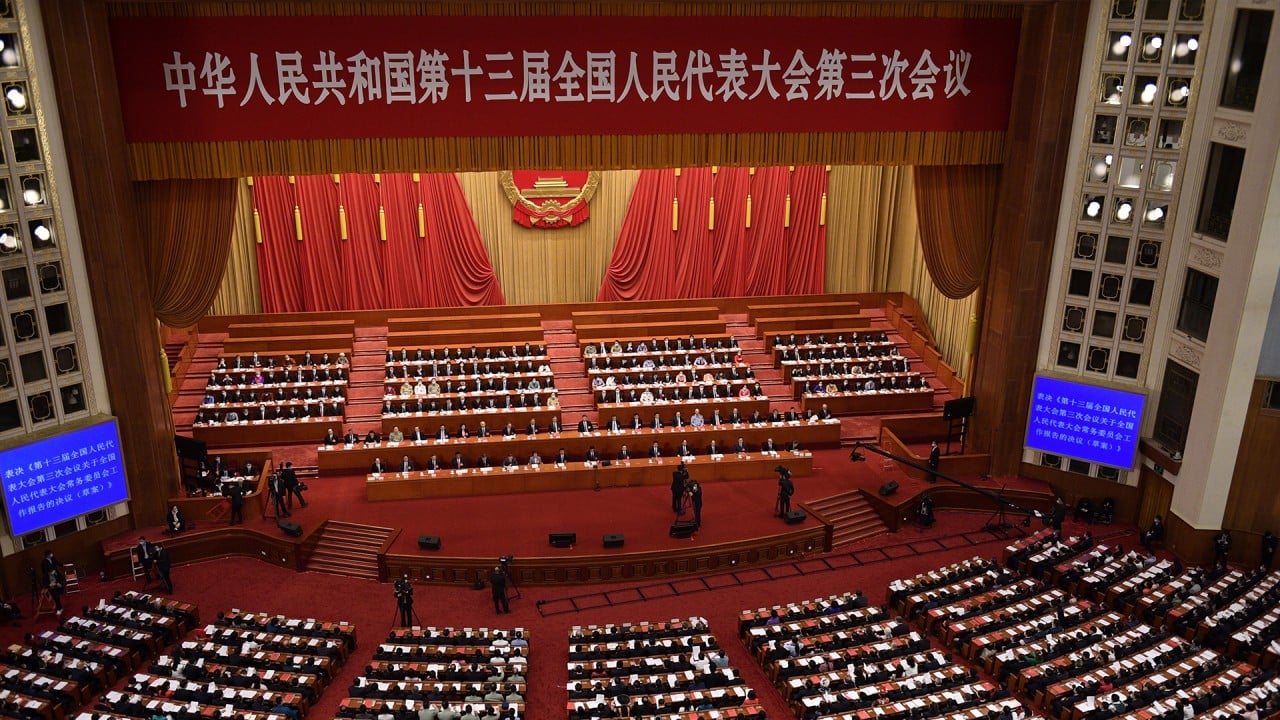Opinion | China’s national security law poses existential threat to Hong Kong’s universities and academic freedom
- China’s tendency to use the vaguest, broadest terms in drafting its laws means research on several issues could become off-limits
- Legislation will have chilling effect on overseas academics’ interest in and ability to pursue research collaboration with peers in Hong Kong

Before it was replaced by “five demands, not one less” last year, “time is money” had long been Hong Kong’s unofficial motto. Visitors and expatriates were amazed at how fast Hongkongers ate or walked, often at the same time.
Opponents of the movement sought court orders and bailiffs’ assistance to end the stalemate after 79 days and celebrated Hong Kong’s respect for the rule of law in the process. It is, therefore, only fitting that Hong Kong’s 178 years of political and legal culture transformed to the core within a mere six days in May 2020.

02:33
China’s top legislature approves national security bill for Hong Kong
Just before the university sieges last November, I wrote in the Post that Hong Kong universities contributed to the city’s social unrest since last June through their silence and co-option.
